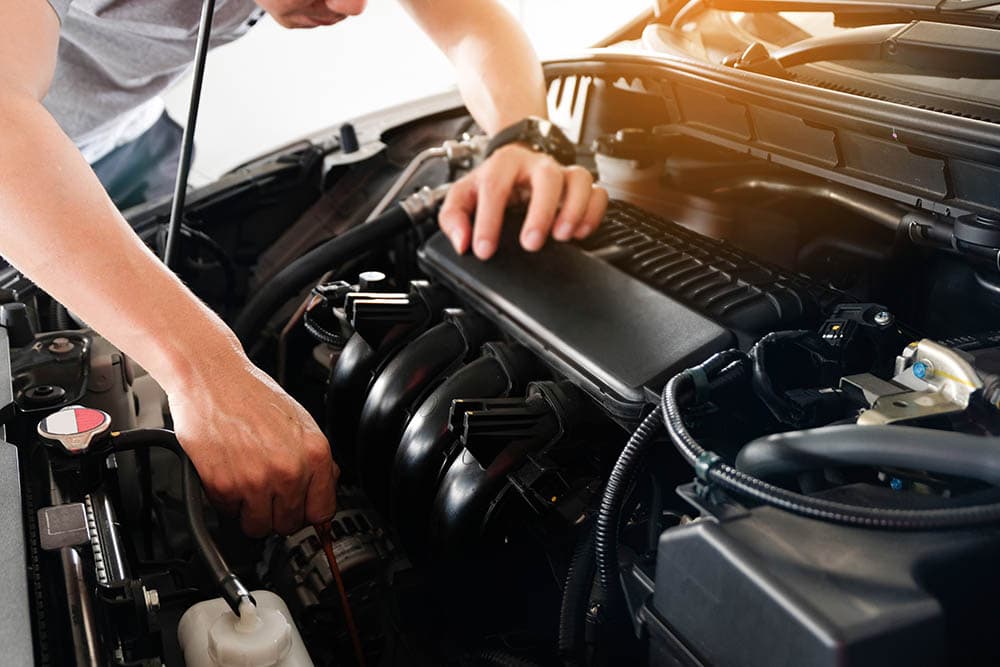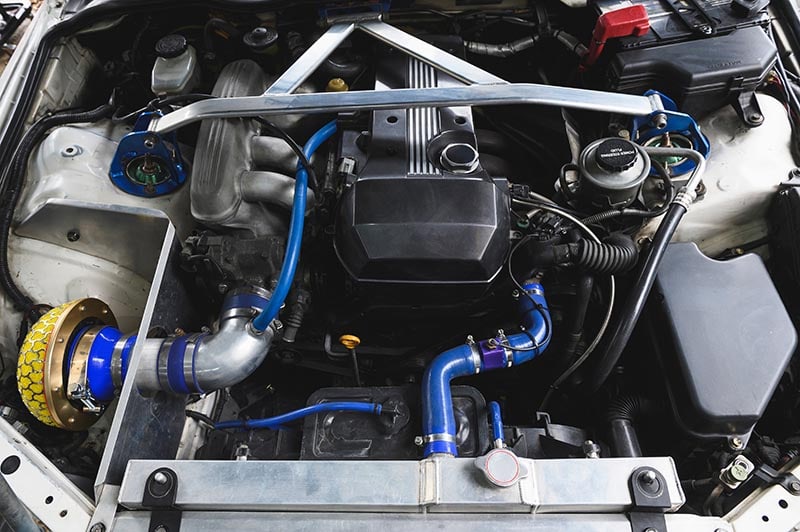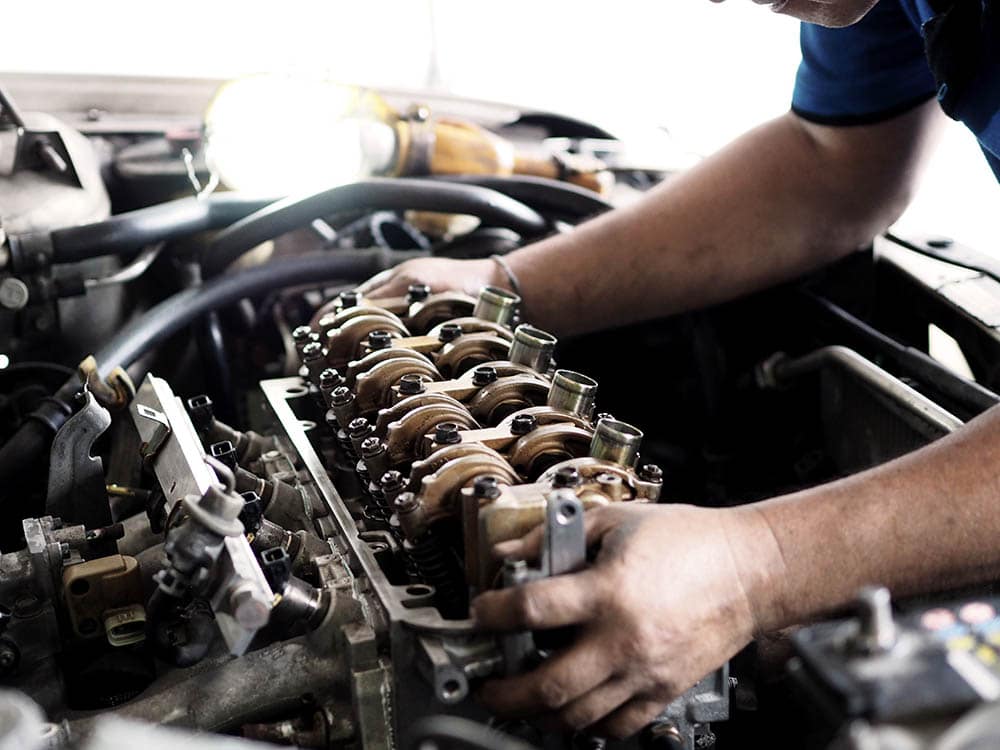My Engine Makes a Rattling Noise When Accelerating: Reasons, Signs, & FAQ
-
Pete Ortiz
- Last updated:

When your car works smoothly, you hardly think about what could go wrong. You have insurance, and you have kept up with your maintenance schedule. Then suddenly, your engine starts rattling.
Is your car breaking down? Can you afford to fix it?
Every little unusual noise your car makes is a message your car is trying to send. So what message is your car sending when the engine makes that rattling noise each time you accelerate?
Wear and Tear
Your car has about 30,000 individual parts. With continued use, these will begin to wear down, and you might start experiencing all sorts of sounds.
For example, when the engine mounts in your car are damaged, you will notice the engine rattling. Engine mounts control the car’s vibration, noise, and shaking when driving. They also protect other engine parts from wear and tear.
When the engine mounts start to wear out or become damaged, you will notice the car rattling and vibrating excessively. In addition to rattling when accelerating, other symptoms that will help you isolate a problem coming from the engine mount wear and tear include:
- Big lurching when you start your car
- A titled engine
- Excessive vibration
- An overall rough riding experience
- Visible damage on the engine mounts
Engine mounts are not the only parts whose wear leads to rattling in the engine. Timing belts are also prone to wear and overstretching. When these wear out, the engine valves slip out of position and move out of sync with the engine’s pistons. The result is a rattling noise from your engine each time you accelerate.
Worn-out piston rings could also cause rattling noises. When they wear out, they cannot maintain the required pressure in the combustion chamber or allow proper lubrication of the piston and cylinder wall. Their wear causes them to move out of place, causing a rattling engine noise.

Poor Lubrication of the Engine
An engine must be properly lubricated to work efficiently. Poor lubrication can cause the moving parts of your car’s engine to rub against each other, causing them to wear out.
It also allows debris to accumulate in your engine, resulting in additional damage. Poorly lubricated engines are also prone to overheating as the oil helps cool some engine parts where the coolant doesn’t reach.
Noise could be one of the first signs that you need an oil change. A poorly lubricated engine produces noises, including rattling.
- A smoking exhaust
- Dirty oil
- Your warning light comes on
The solution is simply adding oil to your vehicle or replacing old oil that may be causing your car issues.
Failing to keep your engine lubricated could lead to additional problems down the road, including a shorter lifespan for your engine, poor engine performance, and higher fuel consumption.
Weakened Water Pump
The water pump circulates the coolant that keeps your engine from overheating. As you can imagine, an engine will start overheating when the water pump is damaged or weakened. If it’s not fixed, you could be looking at an imminent failure.
In addition to a constant buzzing from your car’s engine, here are other symptoms that indicate a damaged water pump:
- Coolant leakage
- A whining noise, especially as you accelerate
- Overheating
- Steam or smoke from your radiator (stop your car and seek help if your car produces steam or heat from under your hood)

Damaged Flywheel
The flywheel is an essential component that allows your car to store energy and deliver it during operation.
When this is damaged, you will notice engine problems and a rattling noise as you accelerate. Naturally, the flywheel will wear out as you use your vehicle, but damage can also arise from other issues, such as engine misfiring, poor placement, or clutch problems.
- Slipping gear
- Problems when shifting gear
- Rough idling
- Clutch chatter
- A burning smell (due to overheating of the engine)
- Clutch drag and clutch slippage
- Engine stalls
You should treat a bad flywheel as an emergency and fix it as soon as possible. Your mechanic will have to replace it if it can’t be fixed. You might also have to replace the clutch plate.
Final Thoughts
When your engine starts making rattling sounds when you accelerate, it is a sign that something is not working as it should be. It could be a simple issue, such as inadequate oil, or a more serious issue, such as a damaged part.
Whatever it is, ensure to deal with it as soon as it occurs and adhere to a regular maintenance schedule to catch problems sooner.
Featured Image Credit: Me dia, Shutterstock
Contents


